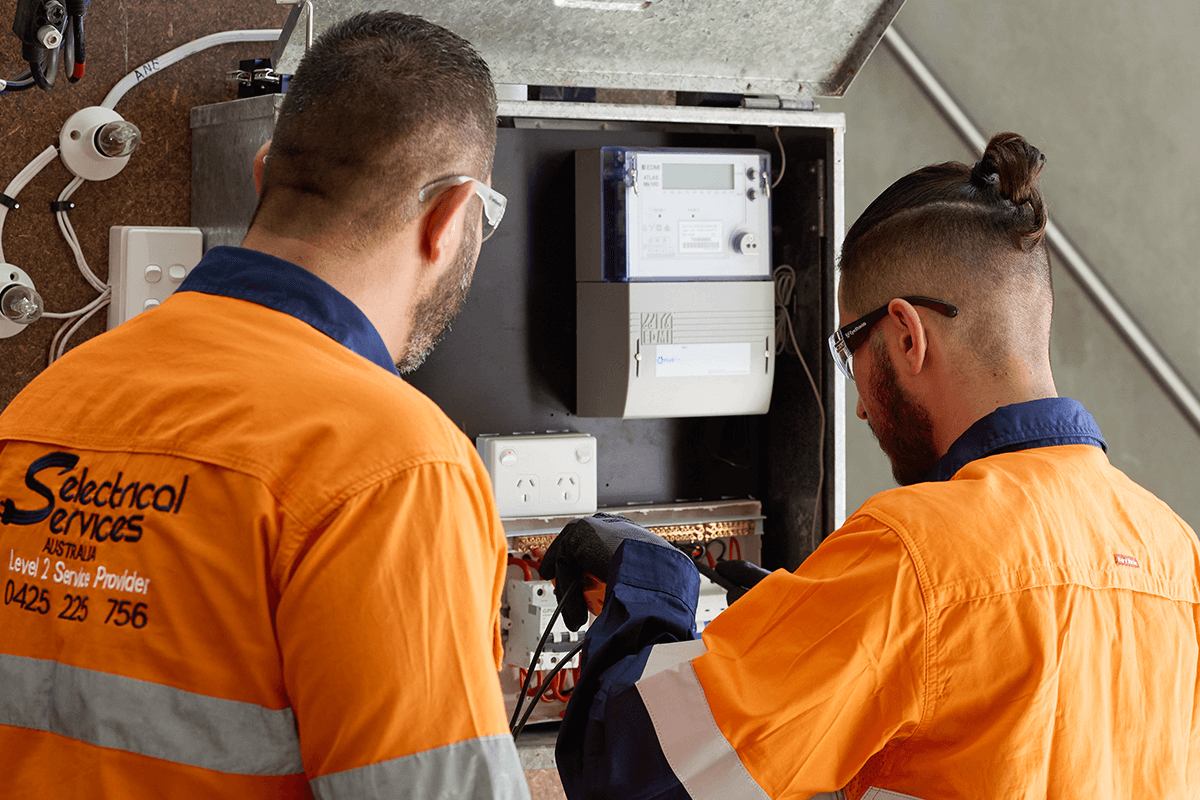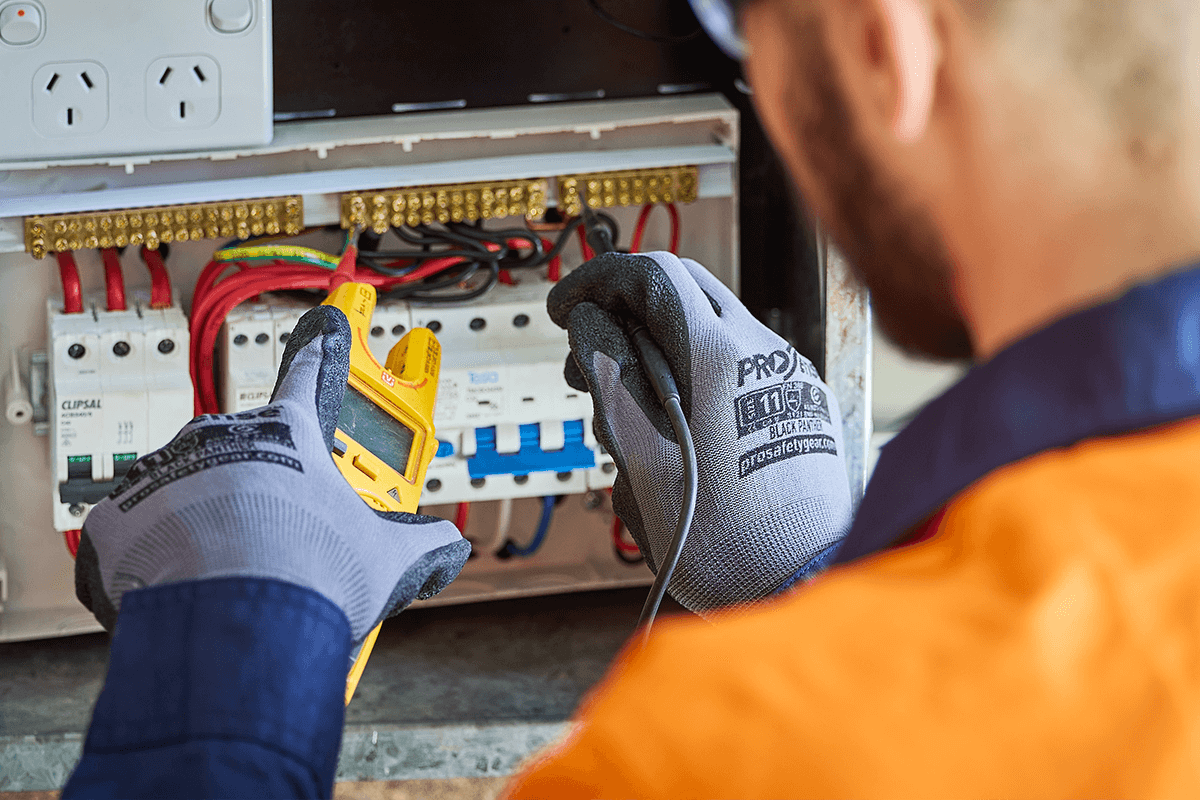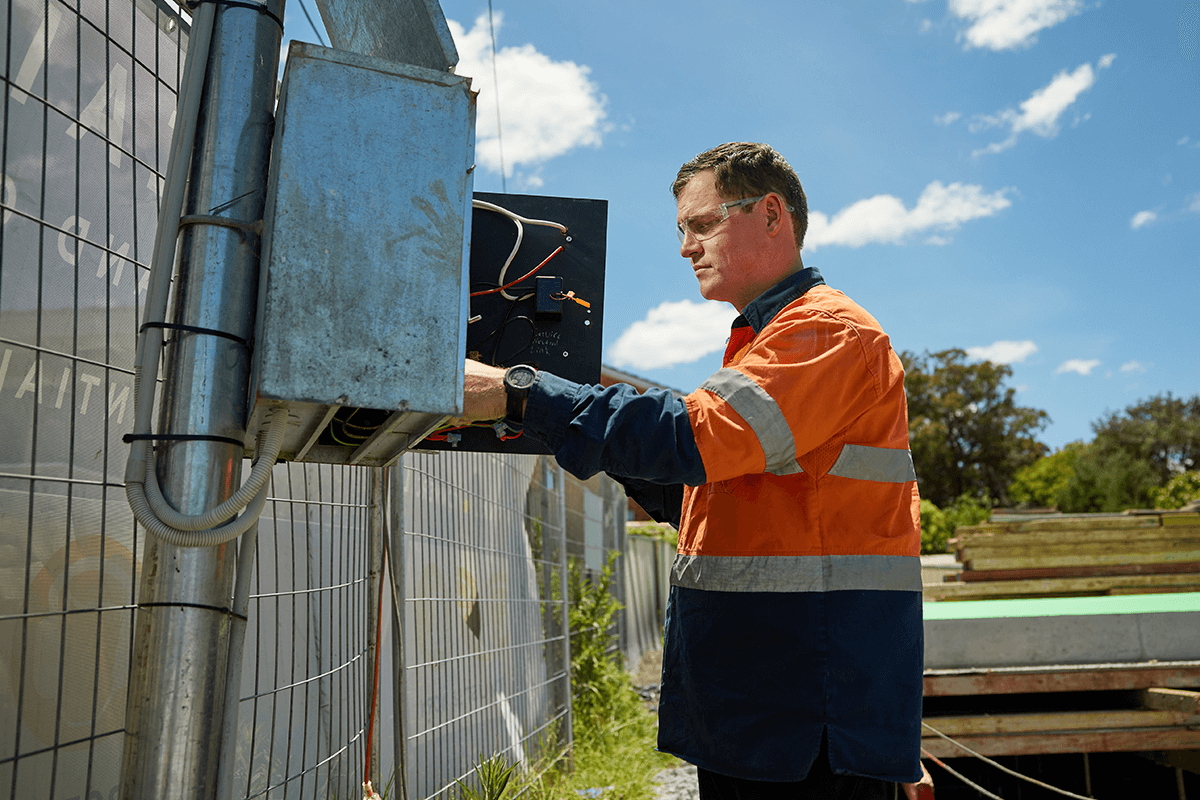News & Resources

In the world of electricity and power distribution, you may have come across the term “three-phase power.” But what exactly is it, and how does it impact residential applications?
In this blog, we will delve into the concept of three-phase power, explaining what it is and exploring its numerous advantages in a residential setting.
Understanding Three-Phase Power
At its core, three-phase power is a method of generating and distributing alternating current (AC) electricity. Unlike the more common single-phase power, three-phase power involves three separate AC waveforms, each spaced 120 degrees apart from one another. These three waveforms are typically designated as phase A, phase B, and phase C.
Here are the 10 Advantages of of Three Phase Power
Greater Power Output
One of the most significant advantages of three-phase power for residential applications is its increased power output. In a single-phase power system, the power is delivered in a single waveform, making it limited in terms of the amount of power that can be generated and distributed. In contrast, a three-phase power system provides a smoother and continuous flow of power. The combination of the three waveforms results in higher power capacity, making it ideal for various high-demand residential applications.
Efficient Power Generation
Three-phase power generation is inherently more efficient compared to single-phase power. The three separate waveforms work together to create a balanced and nearly constant flow of electricity. This results in smoother power delivery, reduced energy loss, and lower operational costs. The efficiency of three-phase power is particularly valuable in residences where power quality and reliability are essential.

Balanced Loads
In three-phase systems, loads are naturally balanced between the three phases. This means that each phase carries a relatively equal amount of power, minimising the risk of overload on a single phase. Balanced loads help improve the longevity of electrical components and reduce the chances of system failures, ensuring the reliability of your residential power supply.. In contrast, single-phase systems may experience load imbalances, leading to overheating and equipment damage.
Motor Efficiency
Three-phase power is the preferred choice for electric motors, and for good reason. Electric motors powered by three-phase electricity run more efficiently and provide better performance. They are also more reliable and have a longer lifespan compared to single-phase motor counterparts. This advantage is why three-phase power is gaining traction in modern residential settings.
Voltage Regulation
Three-phase power systems provide better voltage regulation compared to single-phase systems. Voltage fluctuations can be detrimental to sensitive equipment and processes. With three-phase power, voltage remains stable and constant, ensuring that equipment and machinery operate at their optimal performance levels.
Cost-Effective Wiring
While the initial installation of a three-phase power system may involve higher costs, it offers long-term savings through more cost-effective wiring. Three-phase systems require less copper or aluminium conductors for the same amount of power delivered compared to single-phase systems. This not only reduces material costs but also makes installation and maintenance more manageable for residential applications.

Reduced Electrical Losses
Electrical losses, often in the form of heat, are inherent in power distribution systems. Three-phase power systems are known for their lower electrical losses, thanks to their balanced loads and efficient power generation. This reduction in losses leads to lower energy bills and a reduced environmental impact, making it a greener choice for your home.
Compatibility with Renewable Energy
In an era where renewable energy sources are gaining prominence, three-phase power systems are well-suited for integrating renewable energy generation. The continuous and balanced power flow of three-phase systems complements the variable output of renewable sources, ensuring a consistent power supply for your home.
Three-phase power for residential applications offers numerous advantages, including enhanced power output, efficiency, balanced loads, and compatibility with a range of appliances. Whether you’re considering upgrading your home for solar power installation, electric vehicle charging, or modern appliances like electric stoves and induction cookers, three-phase power is a reliable and efficient solution. As residential electricity needs continue to evolve, the importance of three-phase power in homes will become more apparent, ensuring a consistent and robust power supply for your residence.





